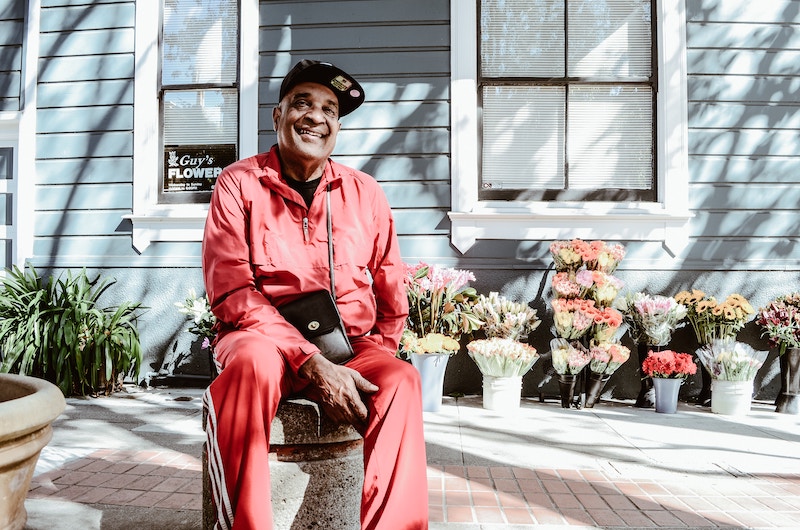If you’re a working person today, chances are there is pressure on you to be very well connected online, to work well after your official work hours have ended and to be available at any time of day and night.
This doesn’t just go for work, it’s an integrated fear of missing out. If we’re not online 24/7, checking up on the newest happenings from around the world, we might miss a big story and not be in the loop tomorrow when everyone is talking about it.
But it’s important for both your physical and mental health to take a step back and do a safe digital detox every once in a while, and here’s how:
Set boundaries
If you are just thinking of doing a digital detox and have a hazy idea of how you’re going to do it, you’ll quickly fall back into your routines and not do the detox at all. The right way to go is to set up precise digital limits on how much time you can spend with tech that day.
It can be tied to the time of day, like not touching digital devices after 8 pm, or it can be tied to the devices themselves, like only charging the device overnight, and when the battery runs out – you can’t use it until the next day (thanks, new gen phones with 5-hour batteries).
Separate work time from personal time
If the internal chat system you use in your company gives you an “install on your phone” option – click “ignore” as fast as you can. This is just one of the ways that your company can rope you into merging your personal time with work, and no matter how much you care about your company, or even if you run it, being invested in it all day long will just make you burn out and underperform.
If you work from an office, this can be simple enough: when you leave that building, you forget about work until you go back to the office the next day. But if you work from home, this can get pretty tricky, because your workspace and your living space are one and the same.
In this case, try to have a work area, such as your desk or a separate room, and don’t do work anywhere except for that place.
Find transitional rituals
It can be hard to just place a mental barrier at your doorstep that says “stop working now” that will just reset you when you pass the threshold. The best way to do this is to have a ritual that marks the end of the work hours and the beginning of private life.

For example, you make a cup of tea, dig into your candle supplies and sit by a window, unwinding for fifteen minutes. This will help you mentally transition and let all the residual work thoughts leave your mind. The reason why we’re so focused on work here is because most of us use the digital world for work, be it a computer or our smartphone.
Find real-world fun
And when we’re done with working on our computers, we then turn to Netflix, Youtube and social media for entertainment, once again gluing ourselves to the screen. This often stems from not having enough real-world activities to do and digital entertainment being so readily available.
But if you schedule going out with your friends for coffee or a walk, playing basketball twice per week or just make reading real, physical books a habit again, you’ll be able to escape the clutches of the digital world. This will help your eyes rest, your back recover and most importantly, it will, over time, diminish the craving that we feel for the digital world on a daily basis.
How it will benefit you
Having the pressure of constantly being online increases stress levels and brings all the health problems that go with it, and it diminishes our sleep. When you’re glued to your phone, it’s harder to fall asleep, not just because of the light that the screen emits, but because the influx of new information makes it hard for the brain to relax enough to fall asleep.

Not to mention the physical changes, like the size of the brain and the problems with the connectivity between the areas of the brain. When you go through a digital detox, you won’t just have the benefits of not being online, but also of being in the real world, like picking up new hobbies, taking better care of your body and reconnecting with the people around you.
You can’t always be on a digital detox, and it can be hard to even put boundaries in your daily routine. But the more you try, the better you will get at it and the more you will be able to enjoy your offline time.
The healthiest way to live is in balance, so make sure that the digital balance is accounted for just as much as any other.

